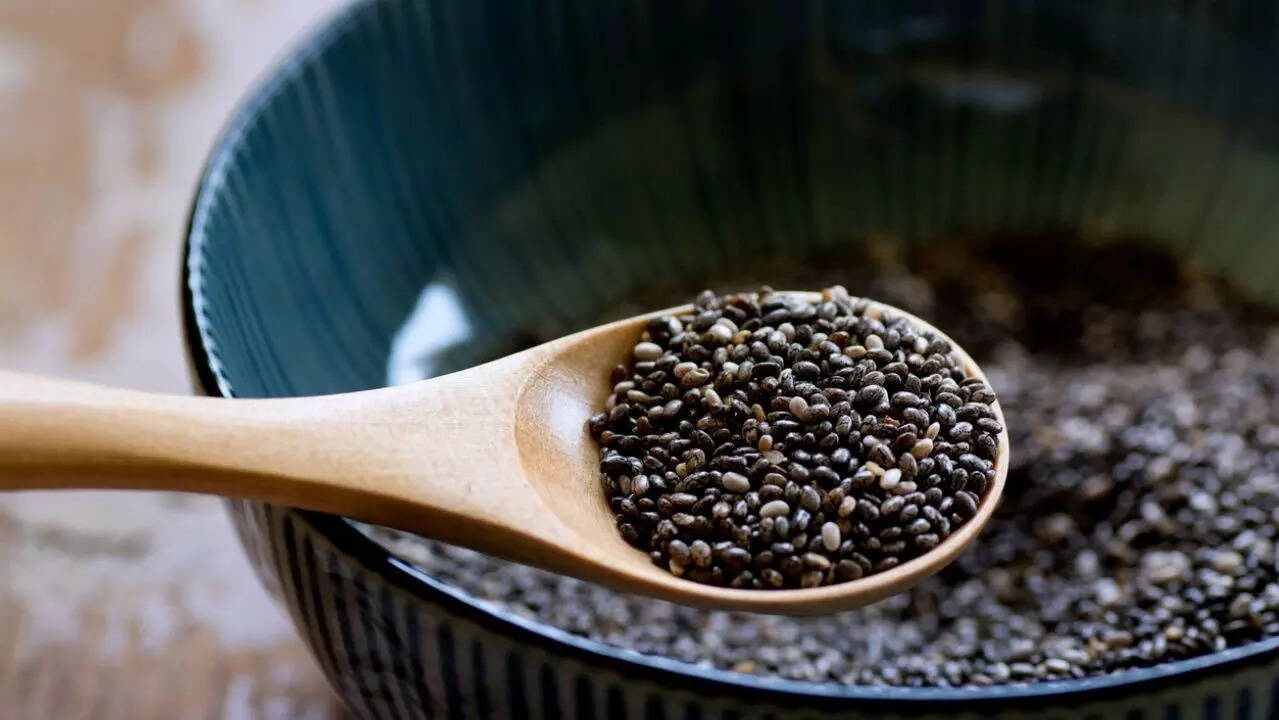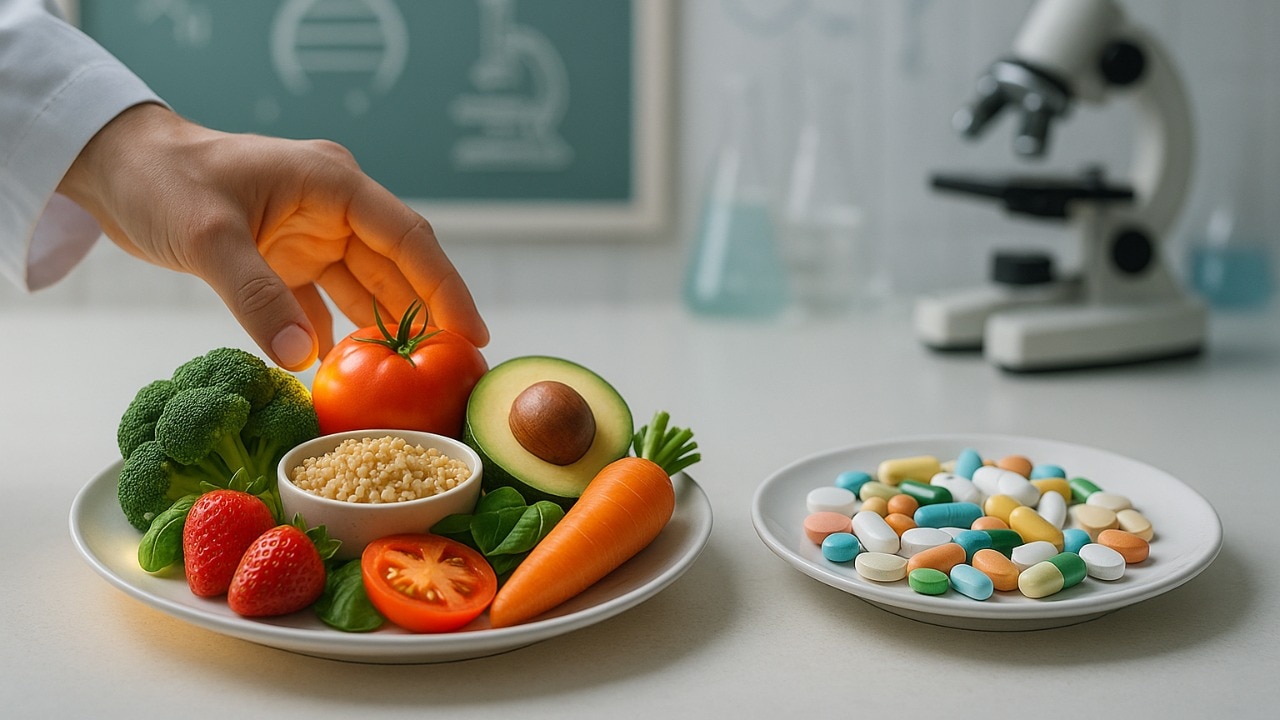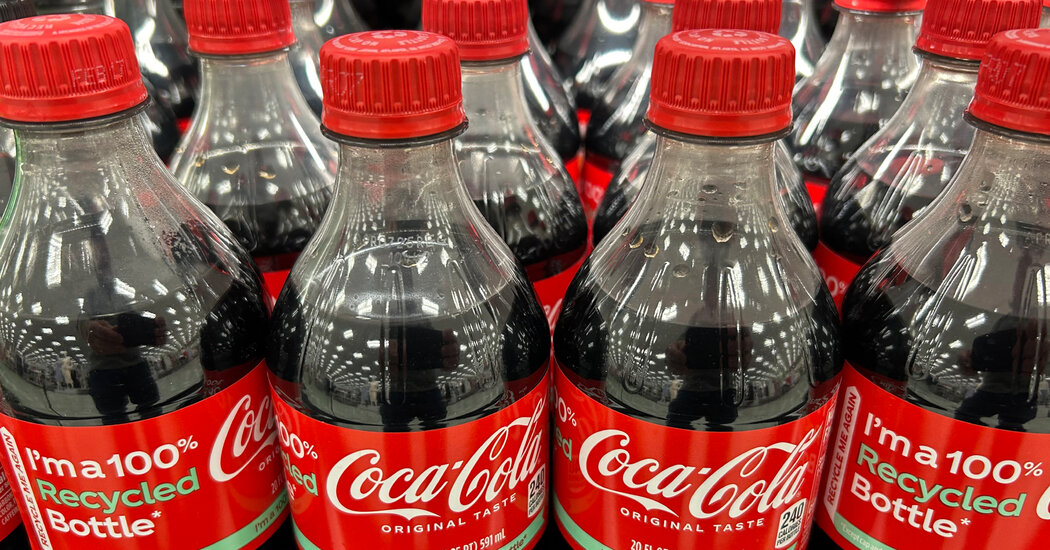Summary
Protein has taken over the packaged-snack aisles at the grocery store. But do you need extra protein in your chips and muffins?
Source: Texas Public Radio

AI News Q&A (Free Content)
Q1: What are the main reasons behind the increasing popularity of high-protein snacks in the market?
A1: High-protein snacks have become popular due to their convenience and the growing consumer focus on health and fitness. These snacks are marketed as beneficial for muscle building, weight management, and satiety, appealing to both fitness enthusiasts and those looking for healthier snack options. The rise in packaged snack foods that are easy to consume on-the-go has also contributed to their popularity.
Q2: How do protein supplements impact human health according to recent scientific research?
A2: Recent scientific studies suggest that protein supplements can support muscle growth and repair, especially in conjunction with resistance training. However, excessive intake may lead to kidney strain and other health issues. It's important to balance protein supplement use with dietary protein intake to avoid adverse effects.
Q3: What are the nutritional benefits of protein snacks compared to traditional snacks?
A3: Protein snacks offer higher protein content which can aid in muscle repair and growth. They also help in increasing satiety, potentially reducing overall calorie intake. In contrast, traditional snacks often contain higher levels of carbohydrates and sugars, which can lead to quick energy spikes followed by crashes.
Q4: Are there any potential downsides to consuming high-protein snacks regularly?
A4: Consuming high-protein snacks regularly can lead to an imbalance in nutrient intake if they replace a varied diet. Over-reliance on these snacks might result in excessive protein consumption, potentially affecting kidney function over time. It's important to maintain a balanced diet for overall health.
Q5: How do protein needs vary across different age groups and lifestyles?
A5: Protein needs vary significantly with age, gender, and activity levels. Generally, athletes and highly active individuals require more protein to support muscle recovery and growth. Older adults might need increased protein intake to prevent muscle loss. However, for sedentary individuals, excessive protein intake may not be necessary.
Q6: What have recent studies indicated about the role of protein supplements in weight management?
A6: Recent studies indicate that protein supplements can aid in weight management by increasing satiety and reducing overall calorie intake. They can also help preserve lean muscle mass during weight loss efforts, which is crucial for maintaining metabolic rate.
Q7: What are the environmental impacts of increased production and consumption of high-protein snacks?
A7: The increased production of high-protein snacks, especially those derived from animal sources, can have significant environmental impacts, including higher carbon emissions and resource use. Plant-based protein snacks are generally more sustainable, though the packaging and processing of all snack foods contribute to environmental concerns.
References:
- Snack
- Quest Nutrition
- Preference for meat is not innate in dogs
- Protein Hypernetworks: a Logic Framework for Interaction Dependencies and Perturbation Effects in Protein Networks
- Effects of supplemental betaine isolated or in combination with soybean hulls on growth performance, body composition, and metabolic status of young growing pigs




